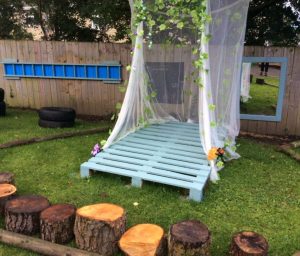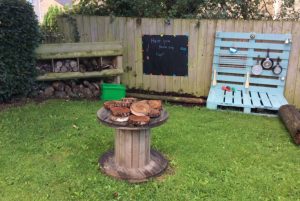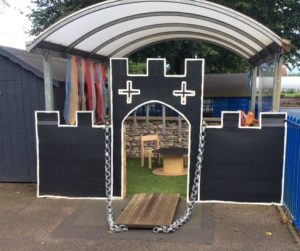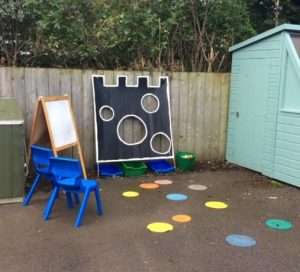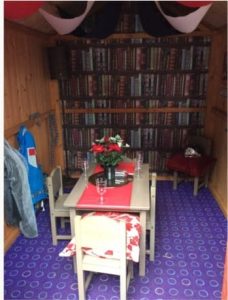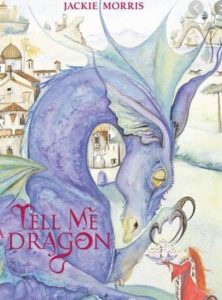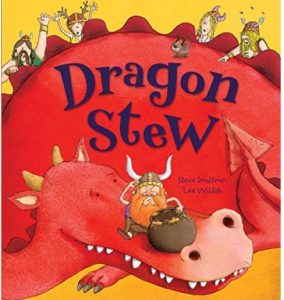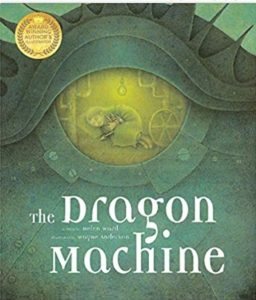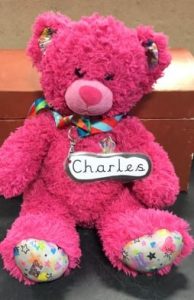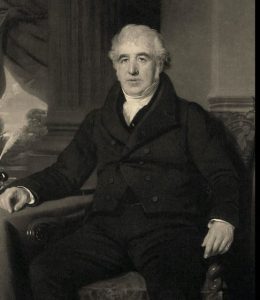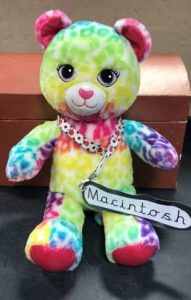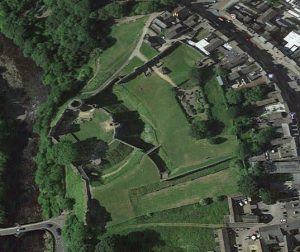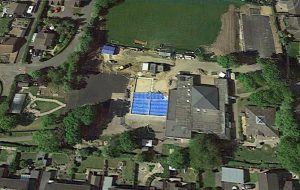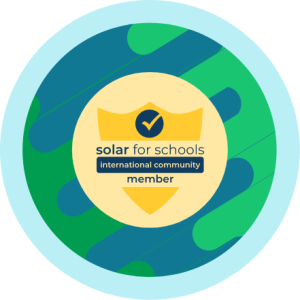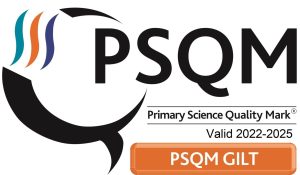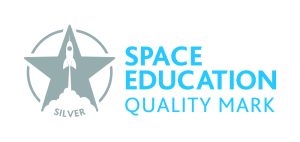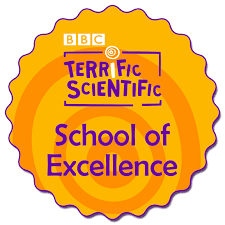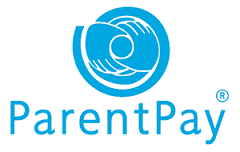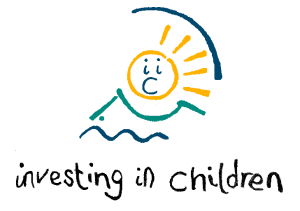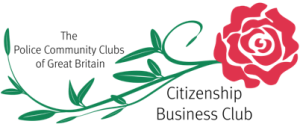Welcome to Year 1!
We hope you find this information useful and enjoy having a look at some of the exciting activities and opportunities that take place in year one!
New outdoor area
Over the summer, we improved our outdoor area to provide the children with a wider variety of learning opportunities. This included transforming the shed into a medieval dining hall, creating a castle role play area and providing a variety of provision in the garden (large and small loose parts, performance areas and improved mud kitchen).
The children have loved exploring this area and it will be adapted throughout the year to reflect our topics, the children’s interests and to promote skill development.
English
On entry into year one, the children are assessed on their current phonics level and are grouped accordingly. Phonics is taught daily following the ‘Read, Write Inc’ programme. Reading books that follow the sounds taught in school will be given to your child to read at home. We will listen to your child read these books in school and they are changed weekly or when your child can read them confidently and fluently. Flash cards will also be used to help your child read and learn the common exception words.
In class, we read a variety of books linked to our topic and links are made to these texts in our continuous provision.
Come back later to see which books we will look at in. our next topic!
Maths
In maths we follow the ‘Maths Mastery’ approach. Your child will have the opportunity to learn using practical activities, through pictorial representation and finally through abstract presentation. Children will then apply these skills in written tasks. We encourage the children to think critically and to work independently. Opportunities to apply the skills learnt in. maths are offered as part of our continuous provision.
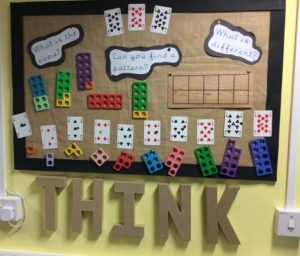
Areas of learning covered in Autumn are:
- Counting, sorting and representing numbers to 10
- Counting forwards and backwards to 10
- Comparing objects to 10 and the use of =, < and >
- Ordering numbers to 10
- Introducing parts and wholes and models to represent these
- Number bonds to 10
- Addition and subtraction
- 2d and 3d shapes
- Tens and ones
- Reading and writing numbers, comparing numbers and ordering numbers (all to 20)
Science
In science, our first topic links to the work of an influential scientist and how this has implications for science today and in the future. We will be finding out about ‘Charles Macintosh’, using our two friends!
In Autumn 2, our topic is ‘Materials’, in this unit we will discover more about everyday material including wood, plastic, glass, metal, water and rock. We will describe their properties and compare and group them based on these properties.
Each unit of work we use a variety of different enquiry and scientific skill.
History
We begin our History journey with a local history unit – ‘What is our castle like?’. To promote the use of historical enquiry skills we will ask and answer questions about Barnard Castle. We will find out about the features of castles and compare these to our castle. We will also find out more about why it was built who lived there and why it is now in ruins.
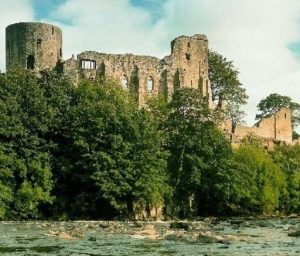
Geography
In Geography, we will be answering the question – ‘What is my school and its surrounding area like?’ As part of this we will label and create a variety of maps and consider similarities and differences between different maps.
Outdoor Education
This year, we are very lucky to have a new area in school. Every Monday we head over to the ‘Forest’ to complete a variety of activities. To begin with all of our walk is linked to the book, ‘Not a Stick’. We will be using our imagination and using a stick in lots of different ways!

Computing
In computing we will be looking at algorithms and using Beebots to help us understand this. We will then consider how we can stay safe online and who they can talk to if they are worried about something they have seen online or on a device.
P.E
Our focus for P.E in the Autumn term will be on improving our fitness and gross motor skills.
R.E
In the Autumn term, we consider ‘What can we learn about Harvest?’ and ‘Why are gifts given at Christmas?’

